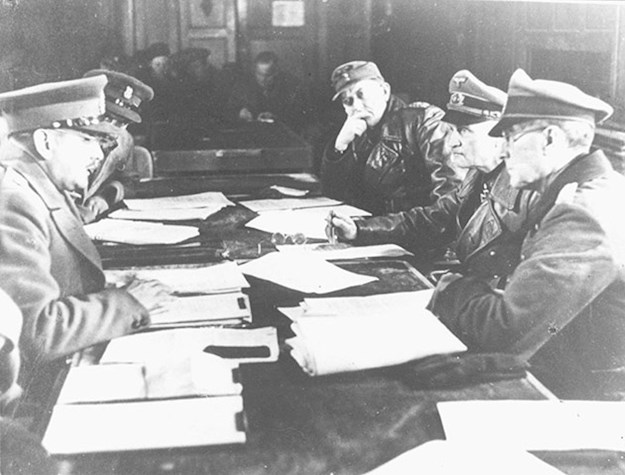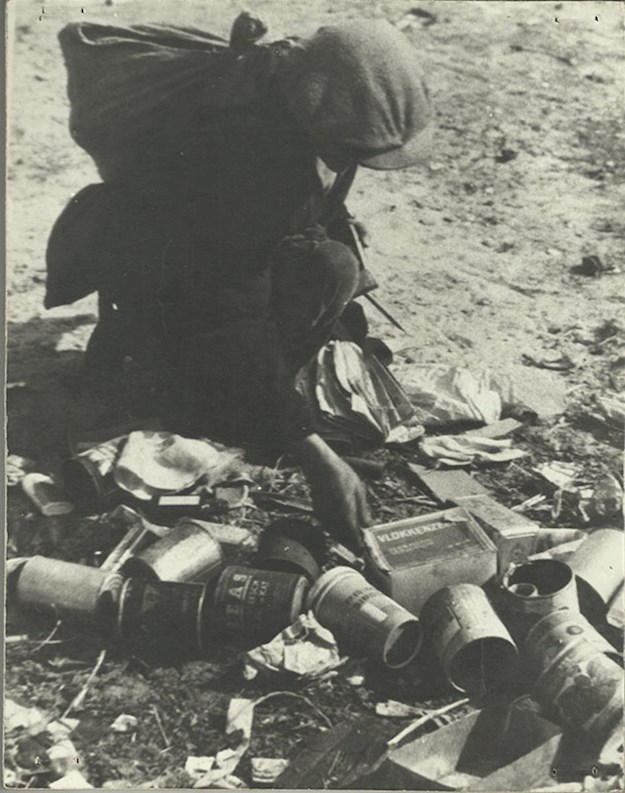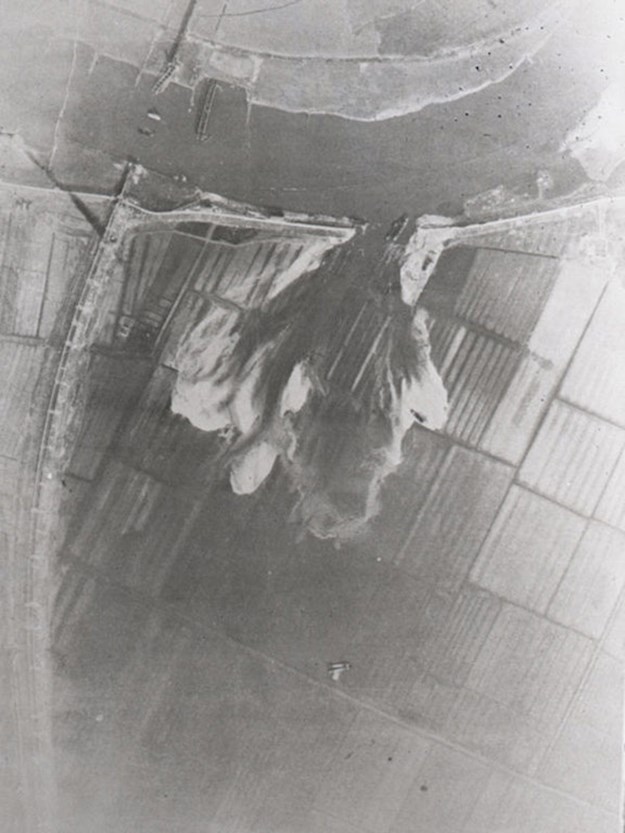Hunger, Fighting and Surrender
In May 1940 the Netherlands was occupied by German forces. It would take five years before they could be ousted. The final drive to liberate the whole country was launched in February 1945 after the so-called ‘Hunger Winter’ had led to 20.000 fatalities in the still occupied territory.
In May 1940 the German Army crossed the border into the Netherlands. The Dutch Army had to surrender after five days of fighting. The German occupation of the Netherlands had begun. It would take five years before the country would be freed by Allied forces.
The liberation of the Netherlands was remarkable in the sense that most of the Southern part of the country was liberated in September 1944 during Operation Market Garden and the Battle of the Scheldt while the Northern part remained in German hands until the spring of 1945.
After the failure of Operation Market Garden the Allied forces decided to give the highest priority to a thrust eastwards towards the Rhine and the German heartland. The Northern part of the Netherlands would be liberated later on. This resulted in the strange situation that the final Allied drive to clear the Netherlands from German forces was launched from Germany. The fighting at this point of the war was sporadic and depended largely on the willingness of individual German commanders to continue offering resistance.
Meanwhile a food and fuel shortage, in combination with one of the harshest winters of the war years, led to the death of some 20.000 civilians in the Western part of the Netherlands. This winter would come to be known as the ‘Hunger Winter’.
In the first week of May 1945 the Germans were finally prepared to cooperate in Allied food transports but they were not yet willing to surrender. But when the news of Adolf Hitler’s suicide came out, the end of the war was near.



